The perfume gods were clearly thinking of me a few months ago when a friend very generously gave me a bag full of Lubin samples. He’d been given them when he met the president of the legendary French perfume house, Gilles Thévenin, on a trip to Europe. I’ve been aware of Lubin for several years, but had never had the pleasure of smelling any of their fragrances. So what a joy it has been to go through the samples from their various collections, including Classique, Talismania and Evocations.
I’ve loved many of the scents I got to try, especially the deeper oriental scents Akkad EDP and Korrigan EDP, created by Delphine Thierry and Thomas Fontaine respectively.
My favourite, though, would have to be Upper Ten EDP, created by Thomas Fontaine. It opens in lightly fresh and spicy territory with notes of pink pepper bergamot, juniper berries and specifically cardamom. The spicy profile is amplified with a big dose of cinnamon, which is beautifully contrasted with a deep leather note and a hint of juicy peach. The drydown is all about the balance between the rich woody and earthy aspects (cedar, sandalwood, patchouli) and musk. Distinctive in its own right, I can also definitely say it’s a Lubin creation, having now tried many of the house’s releases.
I contacted Gilles Thévenin via email and he answered my questions on the same day I sent them to him. Before we get to the interview, though, I will give you a super-quick history of the house.
Pierre-François Lubin (pictured below) founded the maison in Paris in 1798. Early customers 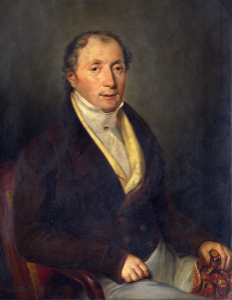 included Napoleon’s wife, Empress Joséphine, and the Russian and English royal courts. The 19th century saw its expansion under apprentice Felix Prot and his son, Paul. Both of them innovated the business with the construction of factories.
included Napoleon’s wife, Empress Joséphine, and the Russian and English royal courts. The 19th century saw its expansion under apprentice Felix Prot and his son, Paul. Both of them innovated the business with the construction of factories.
Lubin was particularly popular in America in the 20th century, with releases such as Nuit de Longchamp (1937) and Gin Fizz (1955) capturing the spirit of the times. It stayed in the Prot family until the end of the 1960s, but fell into decline after being sold. Gilles Thévenin revived the company in the early 21st century with Paul Prot’s sons, Laurent and Frédéric.
Tell me about your background.
I graduated from a French business school in 1981. Then I left for Asia, where I spent two years at the trade commission of the French embassy in Jakarta. I travelled around Asia, from China to Nepal, and to remote places before they were invaded by mass tourism. Back to France, I started my career in perfumes in the mid-1980s, the golden age. I spent most of my career at Guerlain, where my last assignment was the international direction of creation. I left Guerlain when the family decided to sell to the LVMH group.
Why did you decide to buy Lubin?
I realised in 1996 that Lubin had been purchased two years before by Wella, the German group I was working for, together with a bunch of other brands. Among those brands was the Gucci perfume licence. I was then working at Parfums Rochas, which belonged to Wella as well. Everyone at Wella was obsessed by Gucci and the new potential the brand would offer under the direction of Tom Ford. They would entirely focus on the launch of Envy, the first Gucci fragrance of the new generation, planned in 1996.
In my eyes, on the contrary, Lubin, a legendary French brand, looked much more interesting. I had been impregnated by traditional luxury perfumery at Guerlain. After I tried convincing the board of the group to start Lubin again in the field of “haute parfumerie”, I realised they wouldn’t do it. I decided then to go on my own. It took another six years, after I left Rochas in 1998, before I could get hold of the brand and its archives, which were sold to me in 2004.
“The first challenge was to avoid confusion with those fake old brands with no heritage whatsoever.” – Gilles Thévenin
What challenges have you experienced since you bought the company?
Unfortunately, many people have started fragrance businesses in recent years based on new registrations of ancient brands, pretending they are the legitimate owners of the brand’s heritage. In the case of Lubin, where the former owner’s descendants came on board with me in 2006 as investors and partners, the first challenge was to avoid confusion with those fake old brands with no heritage whatsoever.
Then the financing, of course – not the easiest part. Finally, to find the “noses” who would understand the brand’s spirit and who would be able to work on the heritage scents, making them compatible with today’s sanitary regulations, without spoiling the original creations.
How have you kept the balance between heritage and modern relevance?
It’s a question of impregnation. Lubin is a brand with a long heritage and an olfactory signature – not that much rational, more like a soul. Lubin has a life of its own, and everyone after having worked a few months with us is able to tell, when smelling a new scent in development, “This is Lubin”, or “It’s not”.
How involved are you in the creation of the fragrances?
I am not a perfume composer, in spite of my long experience. I work mainly with two perfumers, Delphine Thierry and Thomas Fontaine, whose personalities are very different. They both have a precise idea on how to interpret a Lubin creation. Both of them are right in a way. The brand has a rich, multi-faceted personality and a culture of freedom of creation. There’s no marketing briefs here – it’s all about sharing ideas, stories and scent directions.
Everyone is pulling towards his or her own beliefs on how it should be. I am supposed to make all that work together and keep a certain stylistic coherence. But I don’t consider myself a creator, or an author, nor even a creative director. I just make sure everything runs smoothly and that our perfumes live up to Lubin’s reputation.
Does Lubin have a distinctive olfactory style?
It’s not for me to judge. I know that I am very fond of the old Lubin scents that we were able to reproduce (for our own information, because it would not be allowed to sell them as they are). It’s my taste and I guess the new scents we make are from the same lineage.
“What defines a style in perfumery is no more than one’s personal taste.”
What defines a style in perfumery is no more than one’s personal taste: for certain ingredients, certain type of accords, and the way the scents develop on the skin. As far as Lubin is concerned, persistent but not overwhelming, most of the time with a soft lift, not a strong one, head notes which remain discrete and not too assertive, and always a very rich dry down with lots of balms and precious woods.
Gin Fizz is one of the house’s classic scents. Is it still made according to the same formula?
The original formula was adapted several times since 1955, because the international regulations change very often. When I took over, the last formula was quite far from the original one. We started again in 2008 from the 1955 original “Henri Giboulet” formula, then it took more than one year to have former lady users recognise “their” scent”. The composition is close, but not identical, of course. Thomas the perfumer had to invent some tricks…
Which fragrance is the house’s best seller?
We have several good sellers: Gin Fizz, of course, but also Akkad, Grisette, Black Jade and Idole are best-sellers on a worldwide basis. But every single country has its peculiarities, sometimes with unexpected leaders. Epidor is dominant in Anglo-Saxon countries, while L’Eau Neuve is a big hit in France.
Do you have a favourite Lubin fragrance?
Several, the ones that I sometimes wear, some of them even discontinued for legal reasons. But I should say my SOTD is always a perfume that is not released yet, which I enjoy very egoistically, knowing that no one else in the world has access to it. This is the real time of the discovery, before you have the opportunity to smell it on other persons.
All images supplied by Lubin, except Lubin Upper Ten. The Lubin boutique can be found at 21 rue des Canettes, Saint Germain des Prés, 75006 Paris. For more information on Lubin, read here.
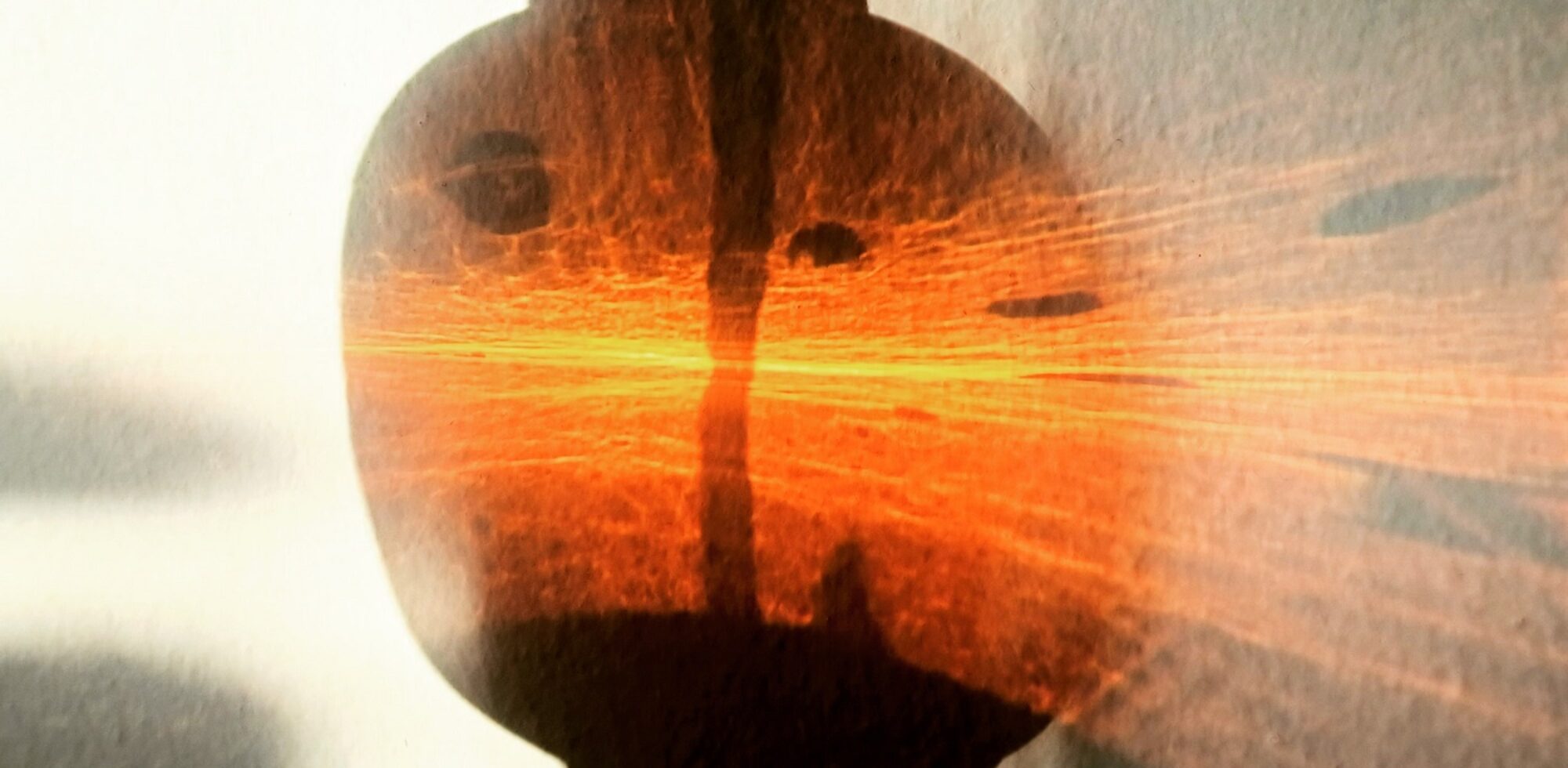
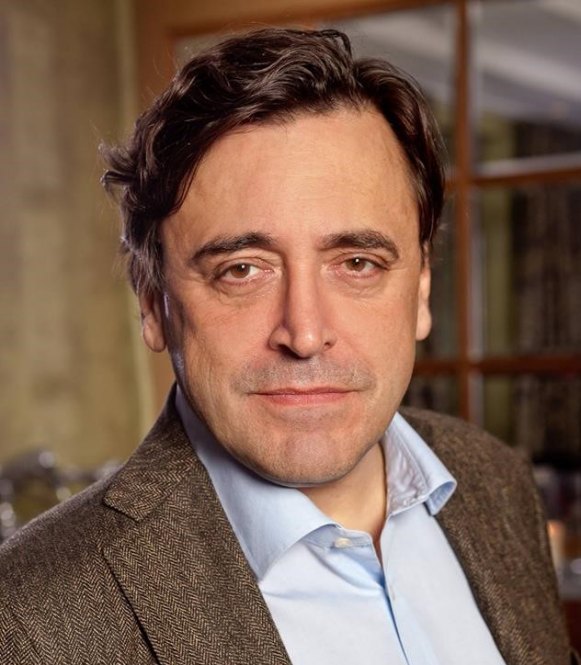


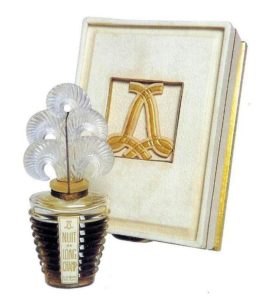





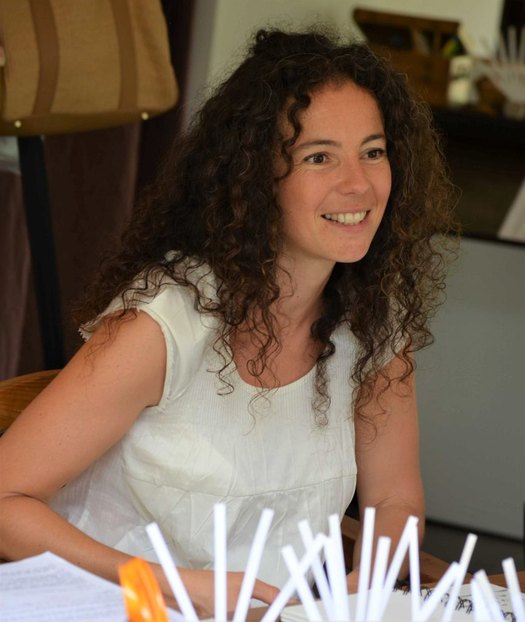


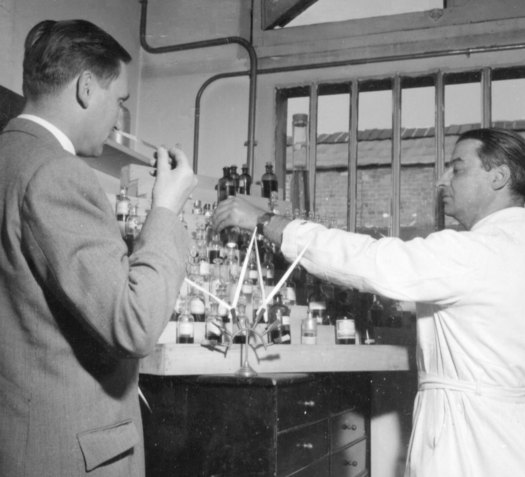
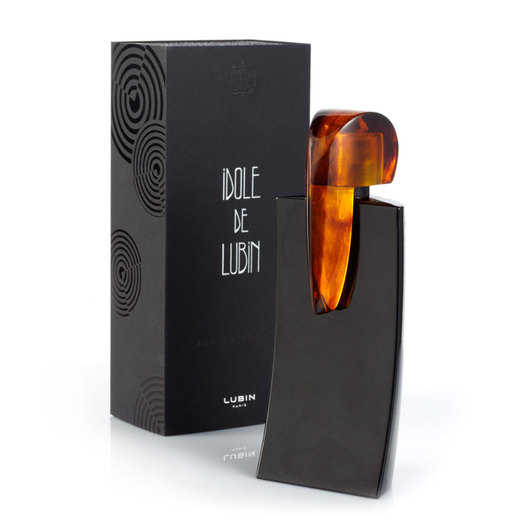
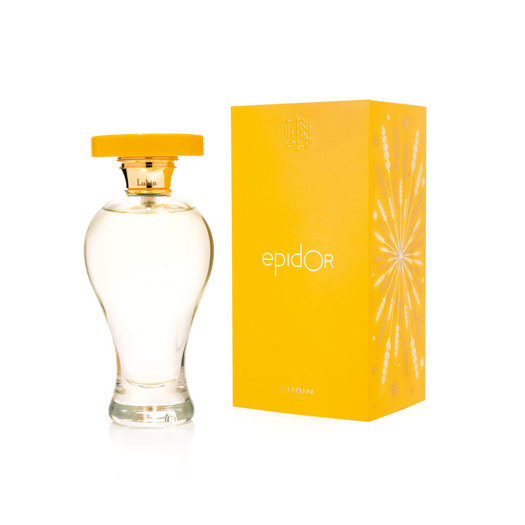
I’ve really enjoyed this interview. The brand’s owner felt straightforward. His answers were informative so I’ve learned some new things.
Thank you! 🙂
Thank you, Roxanna, for that lovely feedback. Gilles was a pleasure to interview.